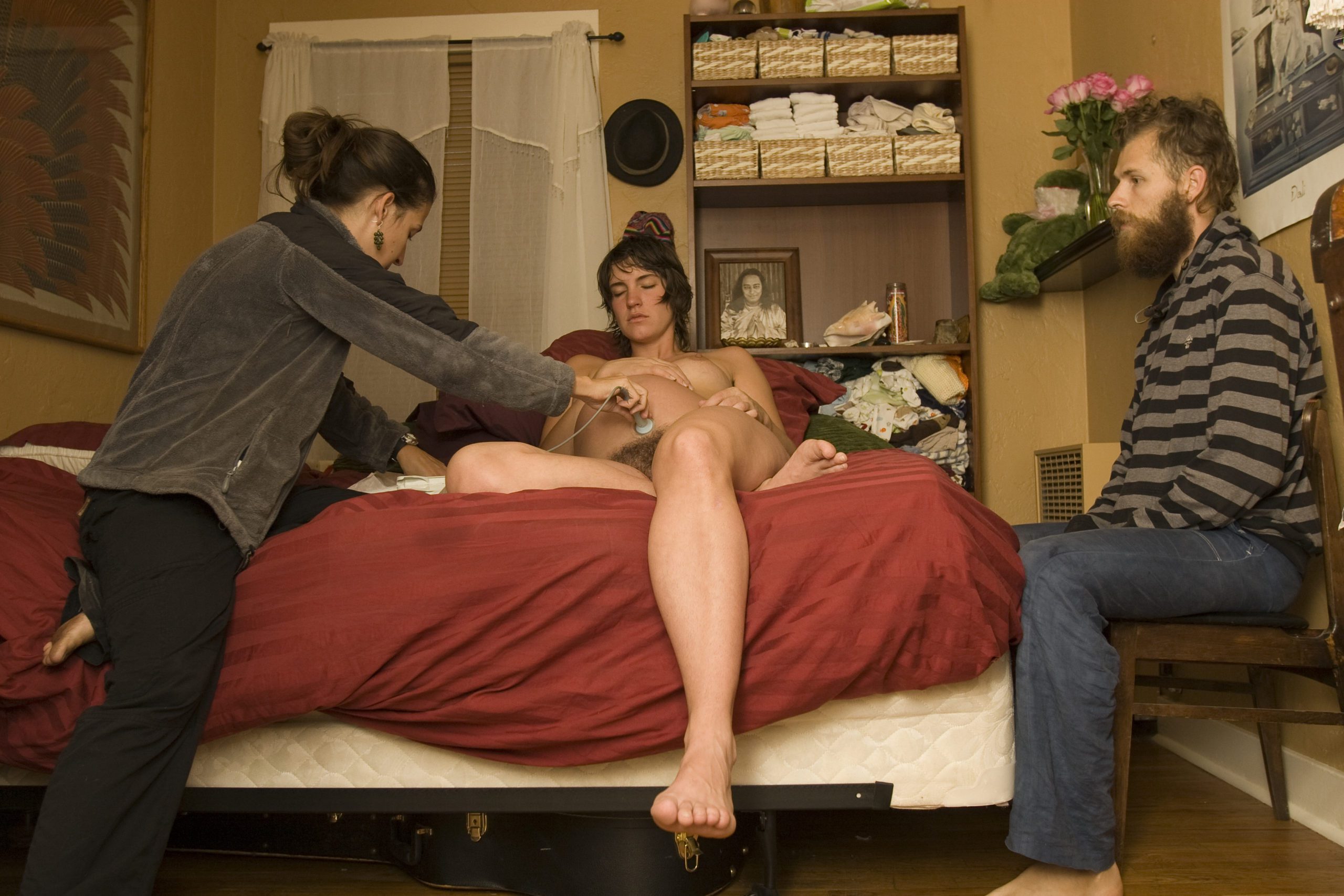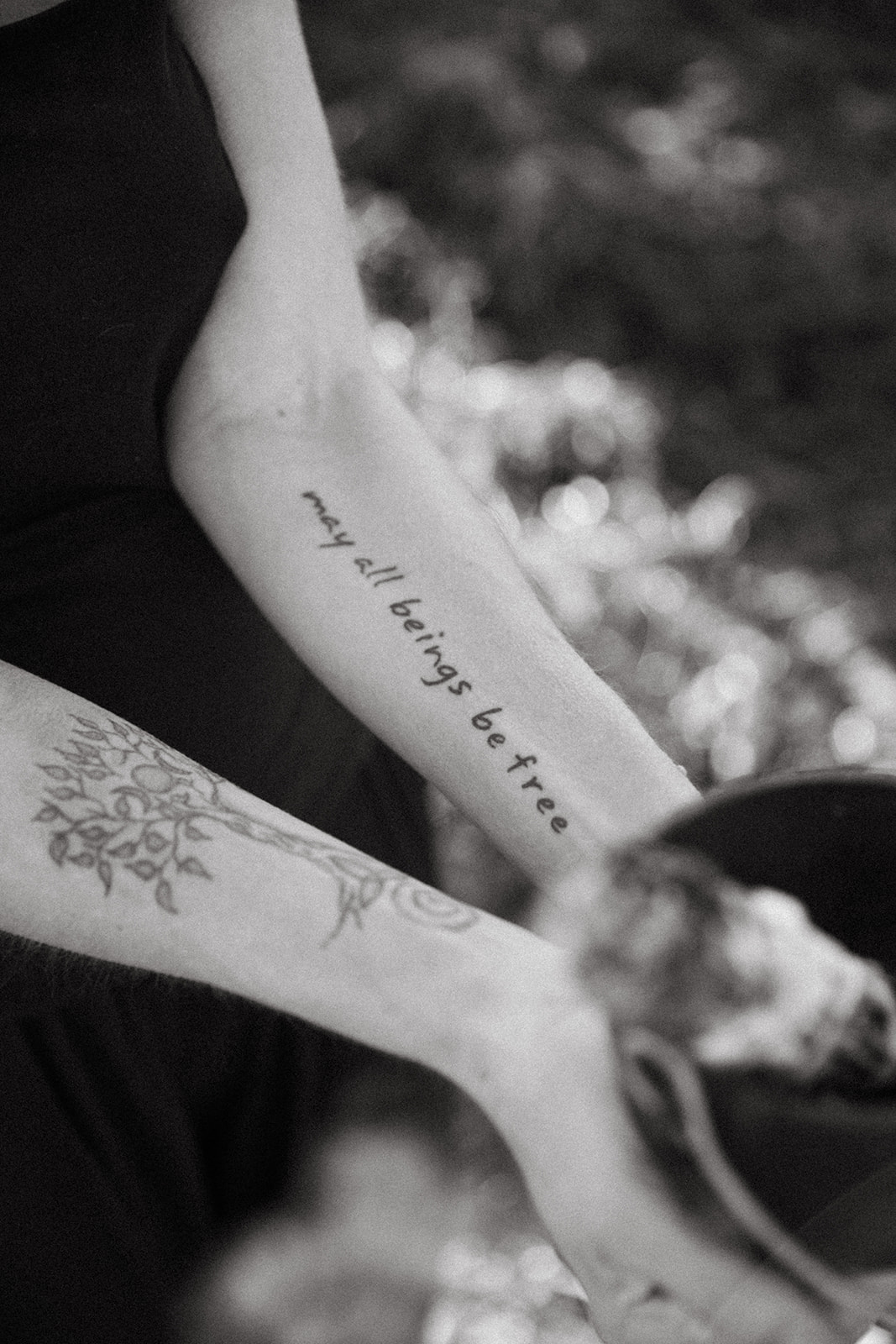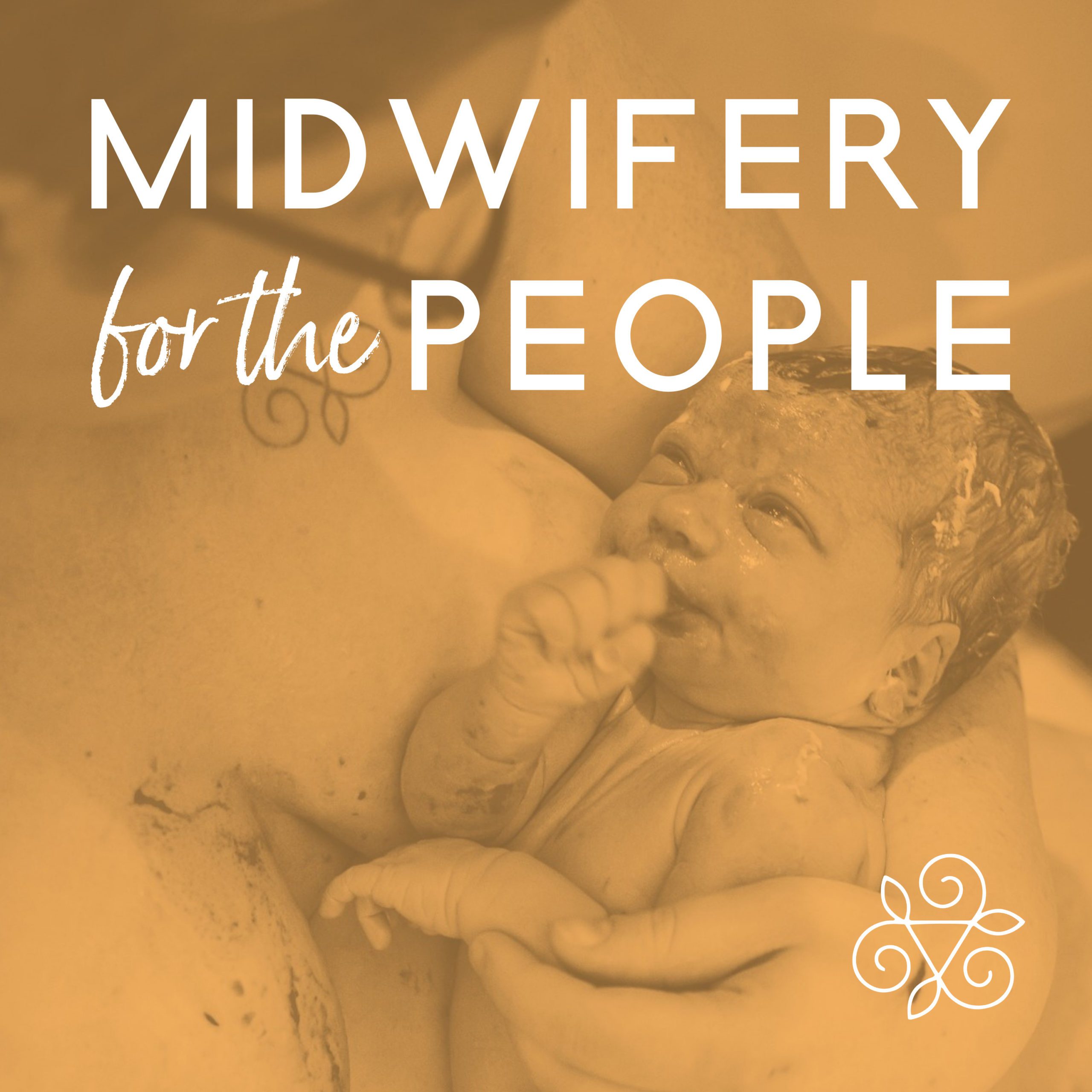I just moved across the country with my family and am still not done unpacking boxes or getting our house set up. I wanted to read something while my daughter played the other afternoon, so I opened one of my boxes of books and decided to read the first thing I found. It happened to be “The Art of Midwifery : Early Modern Midwives in Europe”. I haven’t spent a whole lot of time reading about the history of midwifery but as my focus has shifted a bit recently, these less clinical topics have been fun for me to spend some time on. I’ve included some (not super high quality) excerpts I snapped and some of my thoughts here. Overall, it has been a really interesting read, with the overwhelming feeling being that the issues facing midwives and midwifery has not really changed a whole lot in the last hundreds of years. I didn’t go into reading this thinking it would be so much about licensing, but that has stood out the most to me, among other things. I probably will write more about this topic eventually!
It has increased my yearning for a simpler time (simpler than even these accounts of the 1600-1700s). Or maybe just a new time, where communities have new ways of supporting the people who live in them, and where we find ways to do that with less power inequality. I would love to live in a community where all everybody and their roles, including midwives are respected and given true autonomy. Maybe by learning from these centuries old power struggles will help us step out of that paradigm and start creating the new.

Midwives are notoriously bad at handling money, collecting money, etc, so it is interesting to see how it might have worked in this time period. The state paid for public births and private clients paid privately. In other parts of the book they talk about how midwives got tipped highly at births of rich folks. Breech birth cost more, about the same amount as getting your tonsils removed?! I thought this distinction between a simple birth and a more complex birth was interesting, too. There is so much to be said about the midwives and compensation discussion, perhaps for another post. I believe that if we want autonomy, then the money/chickens/firewood can’t be coming from a third party.

There are a few things I found interesting about this passage. The questions that were asked to assess midwives knowledge are the same basic questions we are asking midwives today, and what 99% of births boil down to. Obviously there are skills, concepts etc that are new and part of what it means to be a modern midwife, but the root of what a midwife needs to know hasn’t changed in all these hundreds of years. I also thought it was interesting that they noted most of these new midwives had been to “as many as” 100 births, so I would assume somewhere in that 50-100 range that most midwives today still go to before getting their CPM, becoming licensed, etc. It makes me think that there must be something about that amount of births that makes student and teaching midwives feel like that is enough to be “ready”, and it is interesting how that was encoded into licensing both then and now. And then of course, I think there are obvious parallels with physicians that may or may not have any experience in normal birth being in charge of the licensing of midwives, since that is what has happened with CNMs in most contexts quite clearly, and is the direction that the CPM and individual state licensing boards are also going. I think any new vision for traditional midwifery, postmodern midwifery, wise woman midwifery needs to include a vision of how we “ready” new midwives without relying on the state, NARM, or any outside authority.

This passage I found SO interesting since it shows the way that this aspect of licensing is also the same. At that time, they excluded women from medicine altogether. Midwives were problematic since they couldn’t exclude them (though they are sure working on it still, eh?) so instead they put them under physician and state control. It is so fun to think about midwives in this time period being total badasses and just going about their business with the poor government trying to figure out how to take some of their power away. Sound familiar?
I look forward to reading a few other history books I haven’t gotten around to. What are your favorites?





+ show Comments
- Hide Comments
add a comment